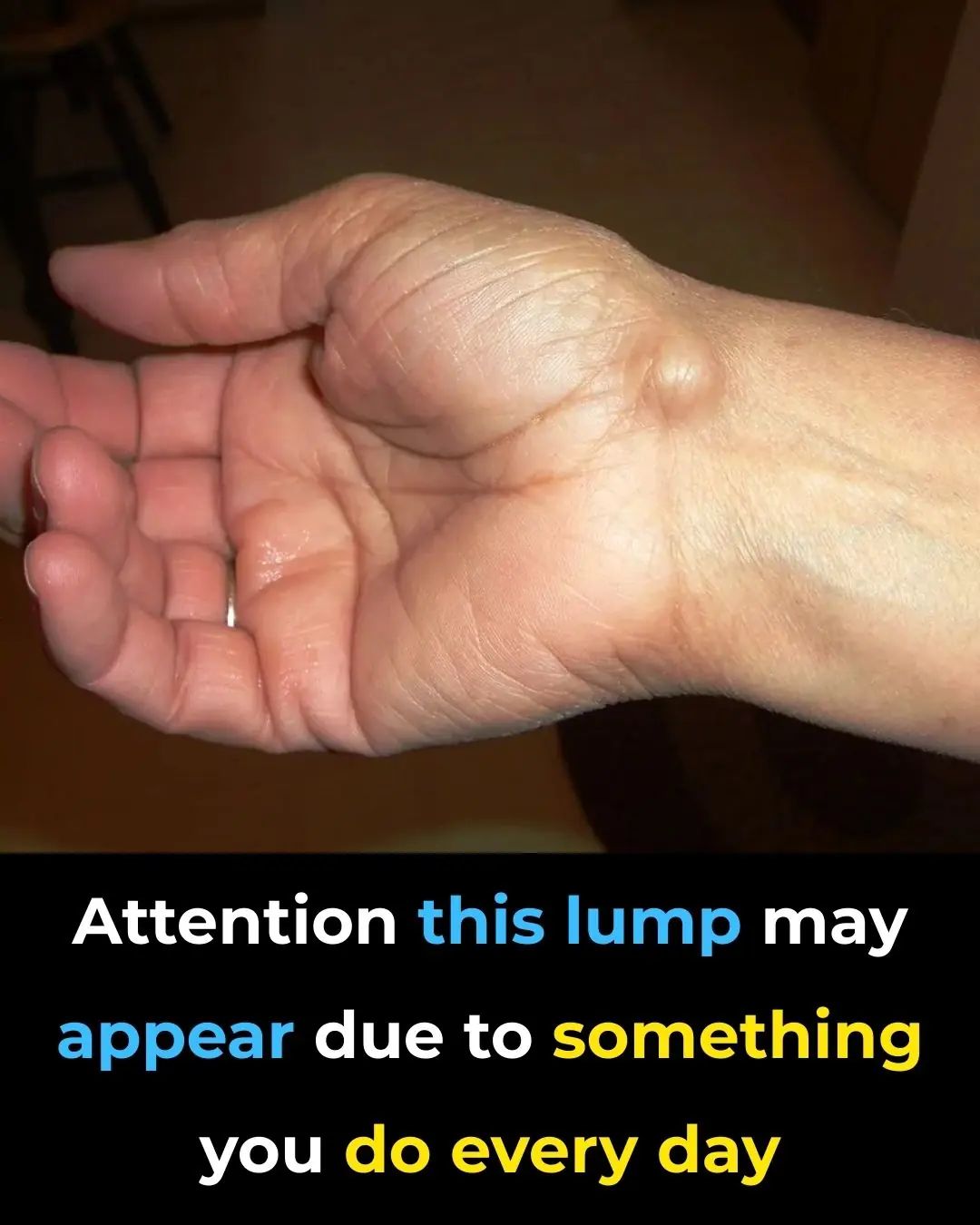
Chin Whiskers in Women
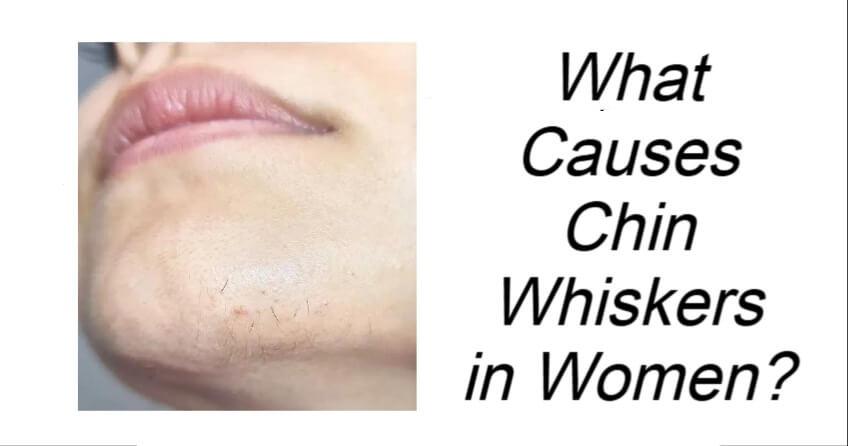
Chin whiskers in women are more common than many people realize. These facial hairs can vary widely in texture and color—from fine and nearly invisible to coarse, dark strands that are more noticeable. While some women may notice only a few stray hairs appearing sporadically, others might experience more consistent or widespread growth. Understanding the underlying causes and available treatments is key to managing this concern effectively and confidently.
What Causes Chin Whiskers in Women?
Facial hair growth is influenced by a range of factors—most commonly hormonal changes, genetics, and certain medical conditions. It’s important to understand that chin whiskers are often a normal part of aging and not necessarily a sign of a serious health issue.
In fact, many women experience occasional or gradual facial hair growth at different stages of life, especially during hormonal transitions. By identifying the root cause, women can make informed choices about how to address the issue—whether medically, cosmetically, or not at all.
The Science Behind Chin Hair Growth
Like all body hair, chin hair follows a natural growth cycle that includes three key phases:
-
Anagen (growth phase): when hair actively grows from the follicle
-
Catagen (transitional phase): a short period when growth slows
-
Telogen (resting phase): when the hair eventually falls out
A major factor in facial hair growth is the influence of androgens—a group of hormones typically considered “male,” but which are also present in women in smaller amounts. Increased levels of androgens or a heightened sensitivity to them can result in more visible or frequent hair growth on the face and body.
Genetics also play a significant role in the density, distribution, and coarseness of facial hair. This means some women may naturally have more prominent chin hairs regardless of hormone levels.
Hormonal Factors That Influence Chin Hair
1. Polycystic Ovary Syndrome (PCOS)
One of the most common causes of excess facial hair in women, PCOS is a hormonal disorder that leads to elevated androgen levels. It can also cause irregular periods, acne, and weight gain.
2. Menopause
As women transition into menopause, estrogen levels decline. This hormonal imbalance may result in a relative increase in androgens, leading to new or more noticeable facial hair growth.
3. Medications
Certain medications—such as anabolic steroids, some birth control pills, hormone replacement therapy, or drugs used to treat endometriosis—can affect hormone levels and trigger changes in facial hair patterns.
Genetic and Ethnic Influences
If your mother, aunt, or grandmother had chin whiskers, there’s a good chance you may develop them too. Heredity is a strong predictor of facial hair growth. Additionally, ethnic background plays a role. Women of Middle Eastern, Mediterranean, and South Asian descent, for example, often have a genetic predisposition to more noticeable facial hair.
These patterns are typically completely natural and not tied to any medical problem, though the degree of hair growth can vary widely even within the same family or community.
Medical Conditions Linked to Excess Facial Hair
Sudden or excessive growth of facial hair may occasionally signal an underlying medical issue. In addition to PCOS, possible causes include:
-
Adrenal gland disorders (e.g., congenital adrenal hyperplasia)
-
Cushing’s syndrome (excess cortisol production)
-
Hormone-secreting tumors (especially on the ovaries or adrenal glands)
-
Hypothyroidism (underactive thyroid can affect hormone balance)
If facial hair growth is accompanied by symptoms like sudden weight gain, acne, irregular periods, deepening of the voice, or thinning scalp hair, it’s essential to consult a healthcare professional for further evaluation.
Top 10 Ways Chin Whiskers Can Impact Well-being
-
Feelings of self-consciousness or embarrassment
-
Anxiety or stress about physical appearance
-
Time and money spent on hair removal
-
Skin irritation or ingrown hairs from frequent grooming
-
Avoidance of social or intimate situations
-
Negative body image and reduced self-esteem
-
Obsessive behaviors like constant checking or plucking
-
Strain on romantic relationships or self-confidence
-
Fear of a hidden health problem
-
Increased risk of developing anxiety or depression
The Emotional and Psychological Toll
For many women, chin whiskers are more than a cosmetic issue—they can deeply affect mental and emotional well-being. The pressure to meet unrealistic beauty standards, often reinforced by social media and pop culture, can lead to shame and isolation.
Women may feel like they need to hide this issue, even from close friends or partners. In reality, seeking support from healthcare professionals, therapists, or peer communities can help normalize the experience and reduce the emotional burden.
Cultural and Social Perspectives
In many societies, smooth, hairless skin is idealized as the beauty standard. Facial hair on women is often considered undesirable or taboo, leading to social stigma. This can influence how women perceive themselves and how comfortable they feel in public or intimate settings.
However, times are changing. A growing body positivity movement is challenging conventional beauty norms, encouraging women to embrace their natural bodies—including facial hair. Social media has also helped build communities where women share their experiences and advocate for self-acceptance.
Hair Removal Options: What Really Works?
Women have a variety of hair removal methods to choose from, depending on personal preference, budget, and skin sensitivity.
Temporary Methods:
-
Plucking/Tweezing: Best for removing a few individual hairs.
-
Waxing/Threading: Removes hair from the root, results last longer.
-
Shaving: Quick and easy but may cause irritation.
-
Depilatory Creams: Chemical-based creams that dissolve hair at the surface.
Long-Term or Permanent Solutions:
-
Laser Hair Removal: Uses light to target melanin in hair follicles; requires multiple sessions.
-
Electrolysis: A needle destroys each hair follicle with an electrical current; FDA-approved for permanent removal.
-
Prescription Creams (e.g., Eflornithine): Slows down the rate of facial hair regrowth with regular use.
Tip: Always consult with a dermatologist or licensed technician to determine the safest and most effective option for your skin type.
When to See a Doctor
It’s advisable to seek medical attention if:
-
You notice a sudden or significant increase in facial hair
-
Hair growth is accompanied by hormonal symptoms (acne, deep voice, weight changes, missed periods)
-
You suspect an underlying medical condition like PCOS or thyroid issues
A healthcare provider can order hormone tests, conduct imaging studies (such as ultrasound or CT scans), and develop a personalized treatment plan if needed.
Lifestyle Changes and Natural Remedies
Some women find relief and reduced facial hair growth through natural approaches and holistic care:
-
Maintain a Healthy Weight: Especially beneficial for managing PCOS
-
Eat a Balanced Diet: Prioritize whole foods, lean protein, and green leafy vegetables
-
Drink Spearmint Tea: Some studies suggest it may help lower androgen levels naturally
-
Reduce Stress: Chronic stress can disrupt hormonal balance—try yoga, mindfulness, or deep breathing techniques
-
Exercise Regularly: Helps regulate insulin and hormone levels
While these remedies may not remove hair entirely, they support hormonal harmony and may reduce the frequency or severity of unwanted hair growth over time.
Conclusion: Embrace Your Choice
Chin whiskers are a common and natural experience for many women—and they are nothing to be ashamed of. Whether you choose to remove them, treat the underlying cause, manage them with natural methods, or embrace them completely, the most important thing is that you make a choice that aligns with your values and comfort.
By understanding the root causes, exploring a range of treatments, and prioritizing self-compassion, you can feel more empowered and at ease. Remember: you’re not alone, and you deserve to feel confident in your own skin—facial hair or not.
News in the same category

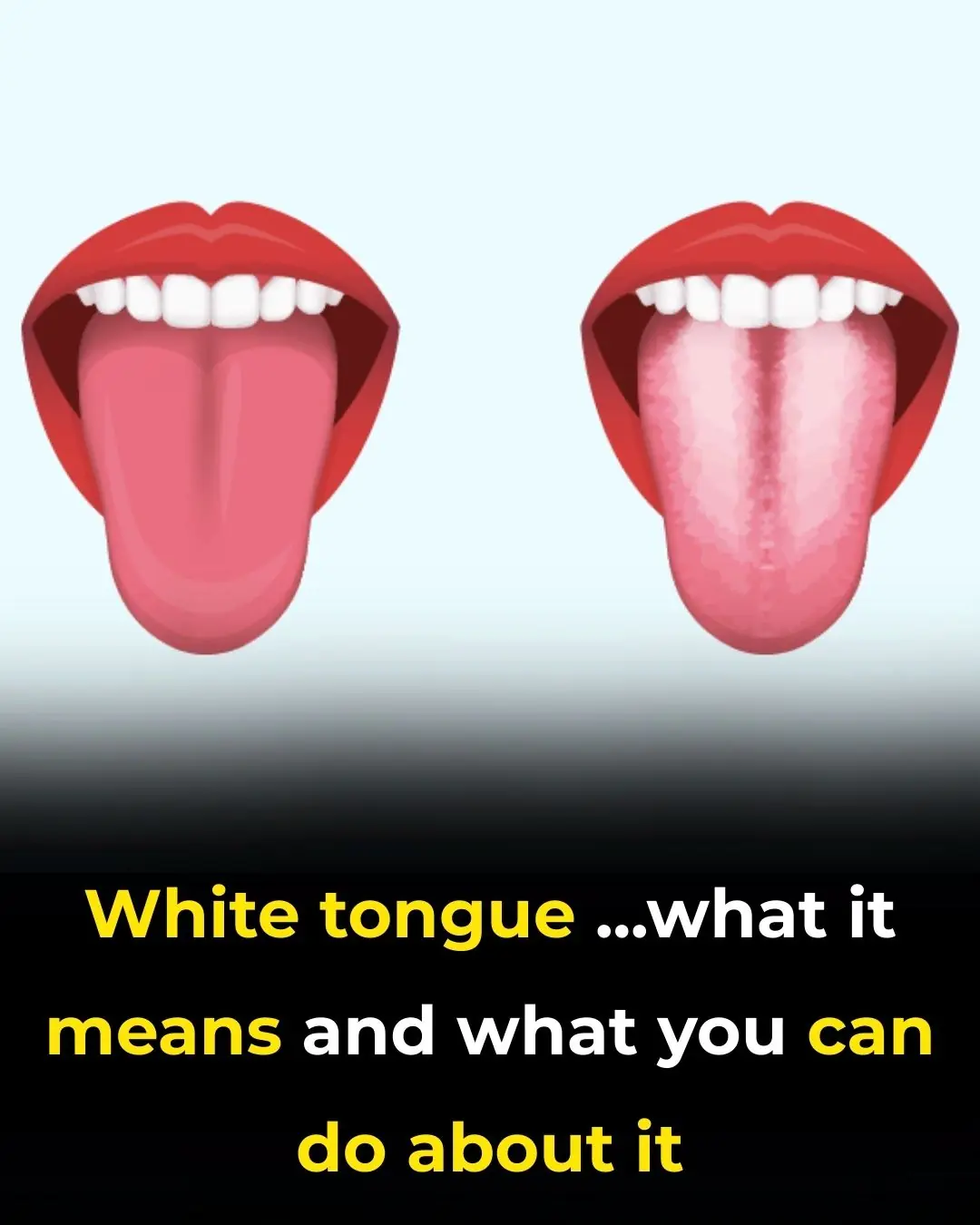
White Tongue …What It Means and What You Can Do About It

Tips for Selecting High-Quality Eggs

The Mystery of the Milk Bottle Dent

Think Twice Before Putting Parchment Paper in the Oven

Proposed Law Would Give Cognitive Fitness Tests To Elderly U.S. Lawmakers

Apple Agrees to Pay Out Users From $95,000,000 Fund After Lawsuit Accused Siri of Listening to Private Conversationsa

How she got her wealth might surprise you too 👀

What Is This Button In The Car For

How Long Cooked Food Can Stay In The Refrigerator
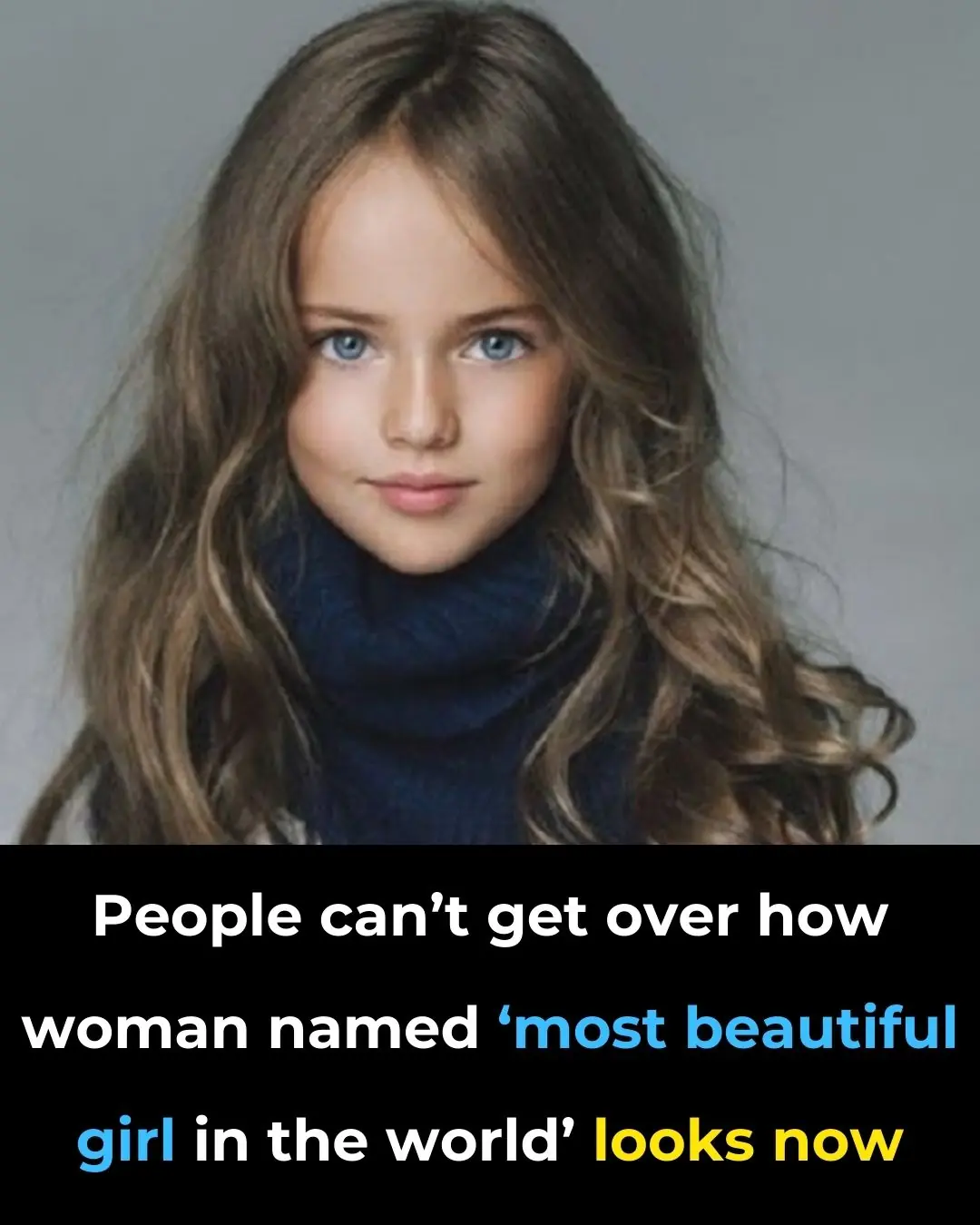
This Is How These 10 Worldwide Famous Kids Look Like Now
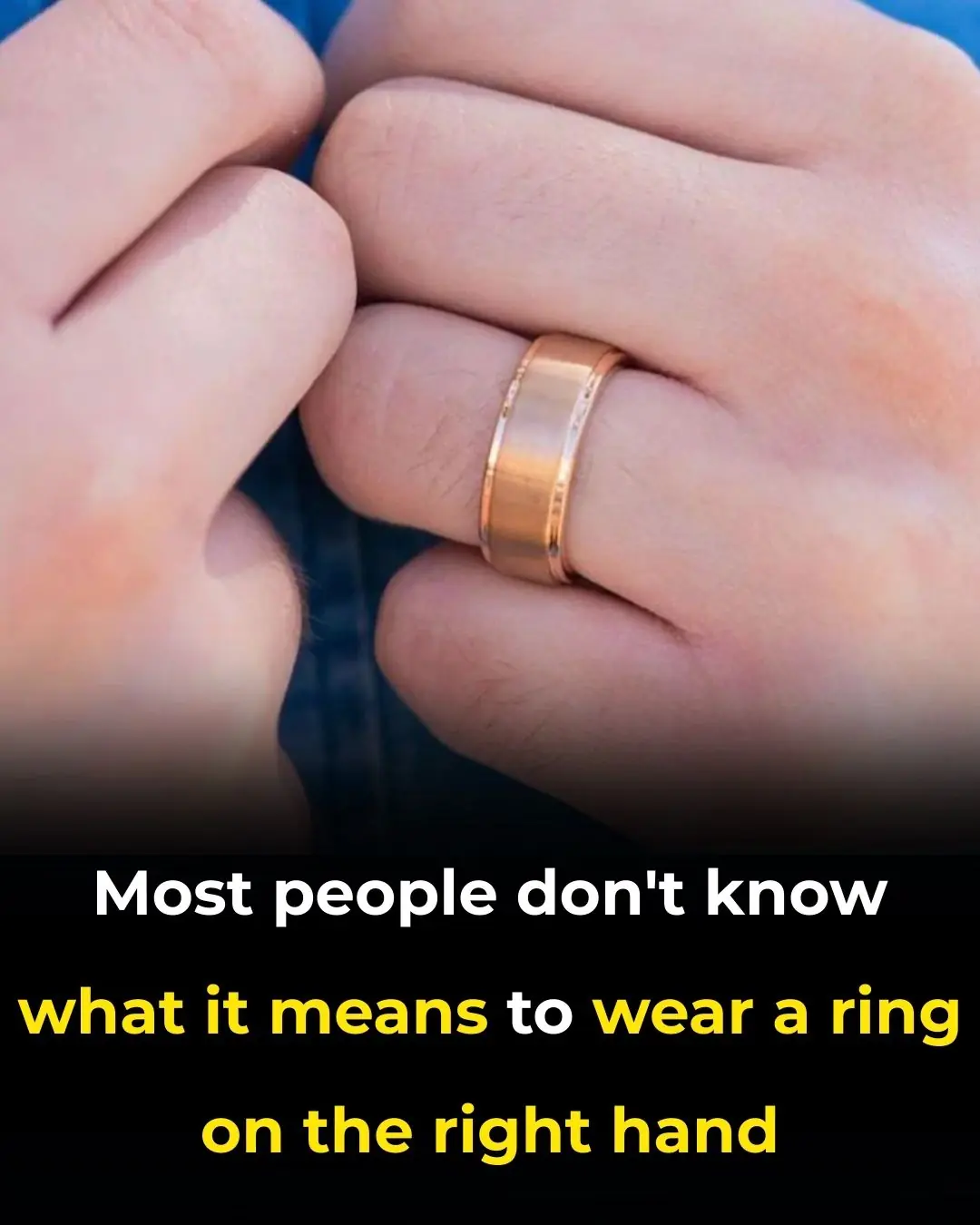
What Does It Mean To Wear a Ring On The Right Hand

Hotel Workers Reveal What Goes On

Scientists Explain Why ‘Doing Your Own Research’ Leads to Believing Conspiracies

The Richest Americans Still Die Earlier Than the Poorest Europeans
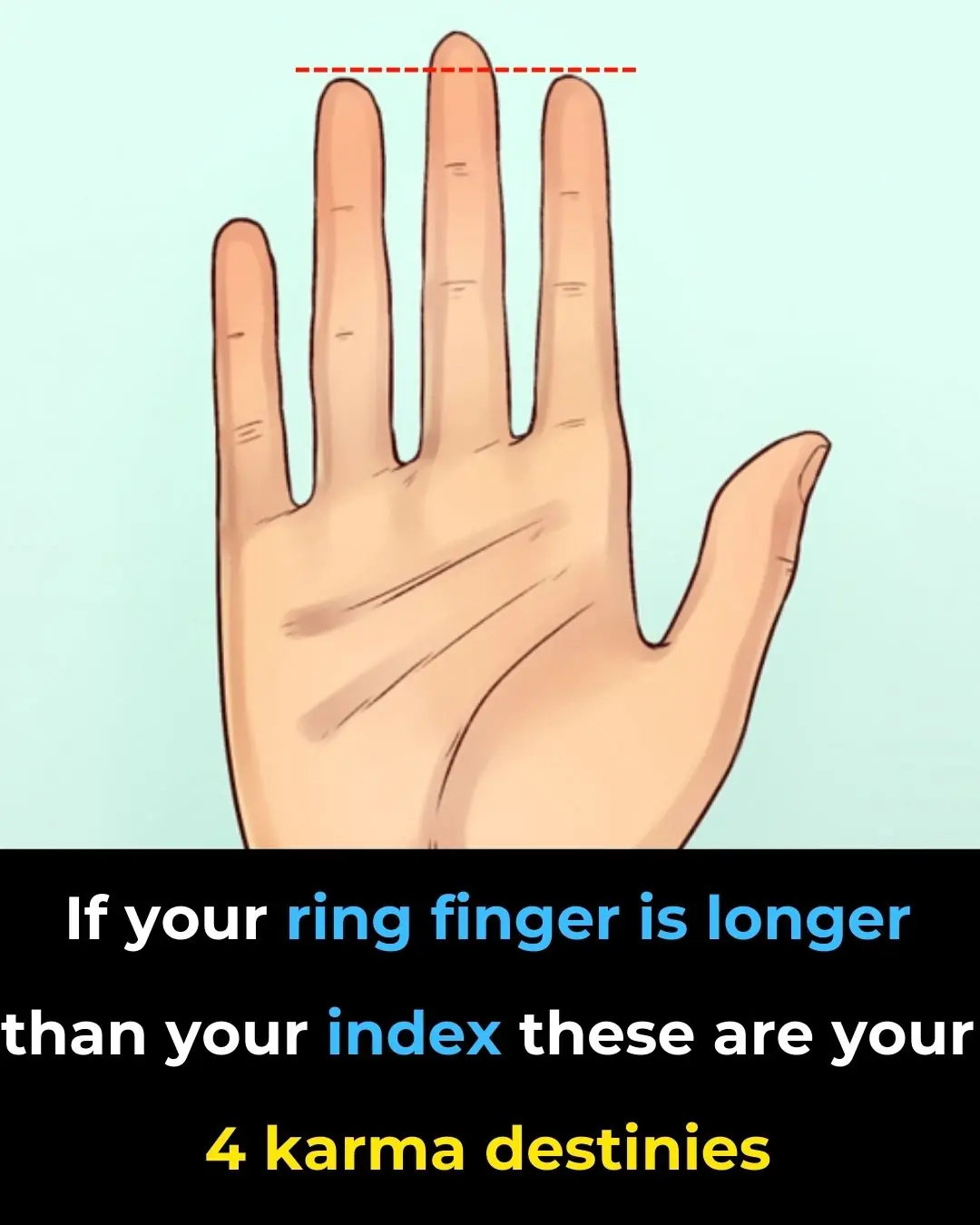
Ring Finger Longer Than An Index Finger

She Spent $70,000 on Cosmetic Procedures — Now She’s Owning Her Beauty Despite the Backlash
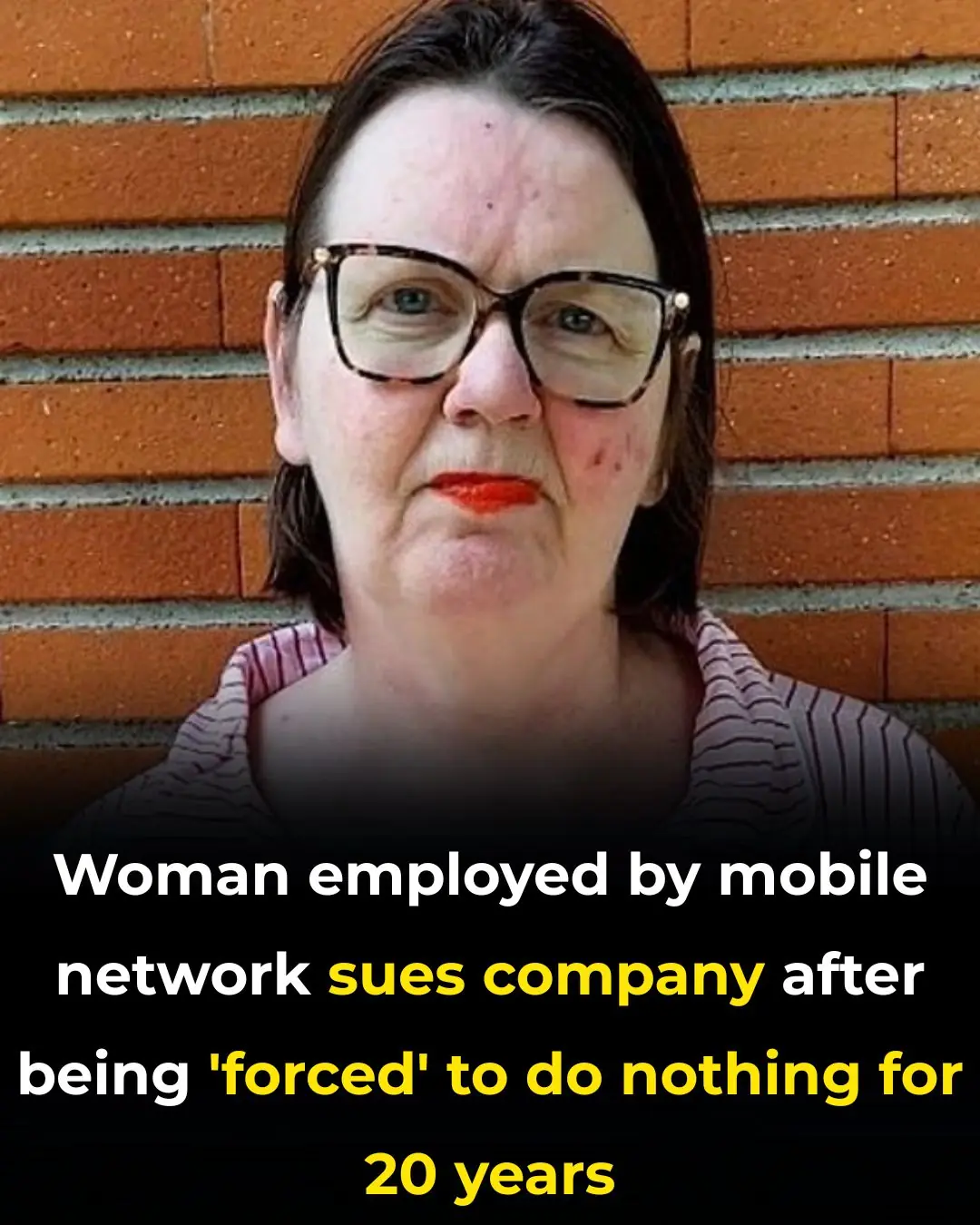
Woman employed by popular mobile network sues company after being 'forced' to do nothing for 20 years
News Post
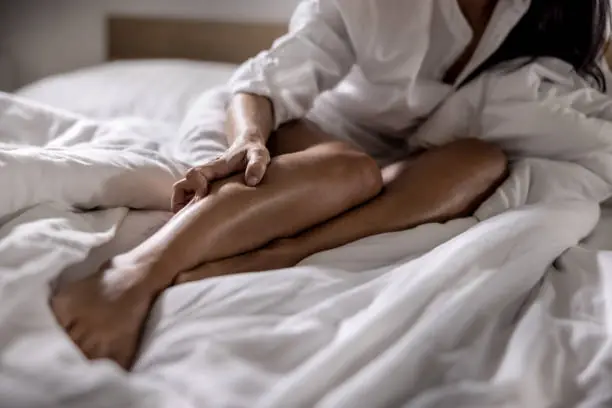
Why Your Legs Cramp at Night (And How to Fix It)

How to Use Rice Water for Gorgeous Hair and Skin (Detailed Instructions)

Beware: U.S. Salmon May Be Crawling with Japanese Tapeworm, Say Scientists

The Benefits of Chicken Feet Stewed with Black Beans – As Powerful as Ginseng

There are many cuts of beef, but only these 3 are considered the true “essence” – both chefs and butchers wholeheartedly agree!
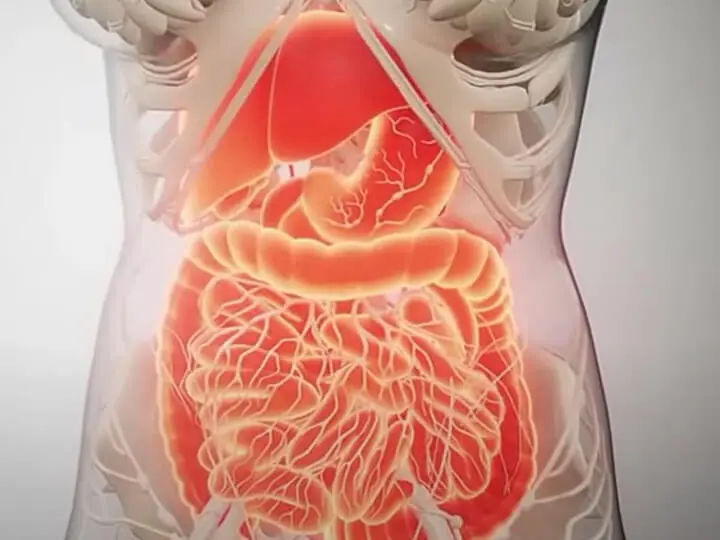
Colon Cleansing: How to Naturally Flush Your Colon at Home (Science-Based)

Put this into a lemon and place it in the corner of your house – mosquitoes will stay away for good
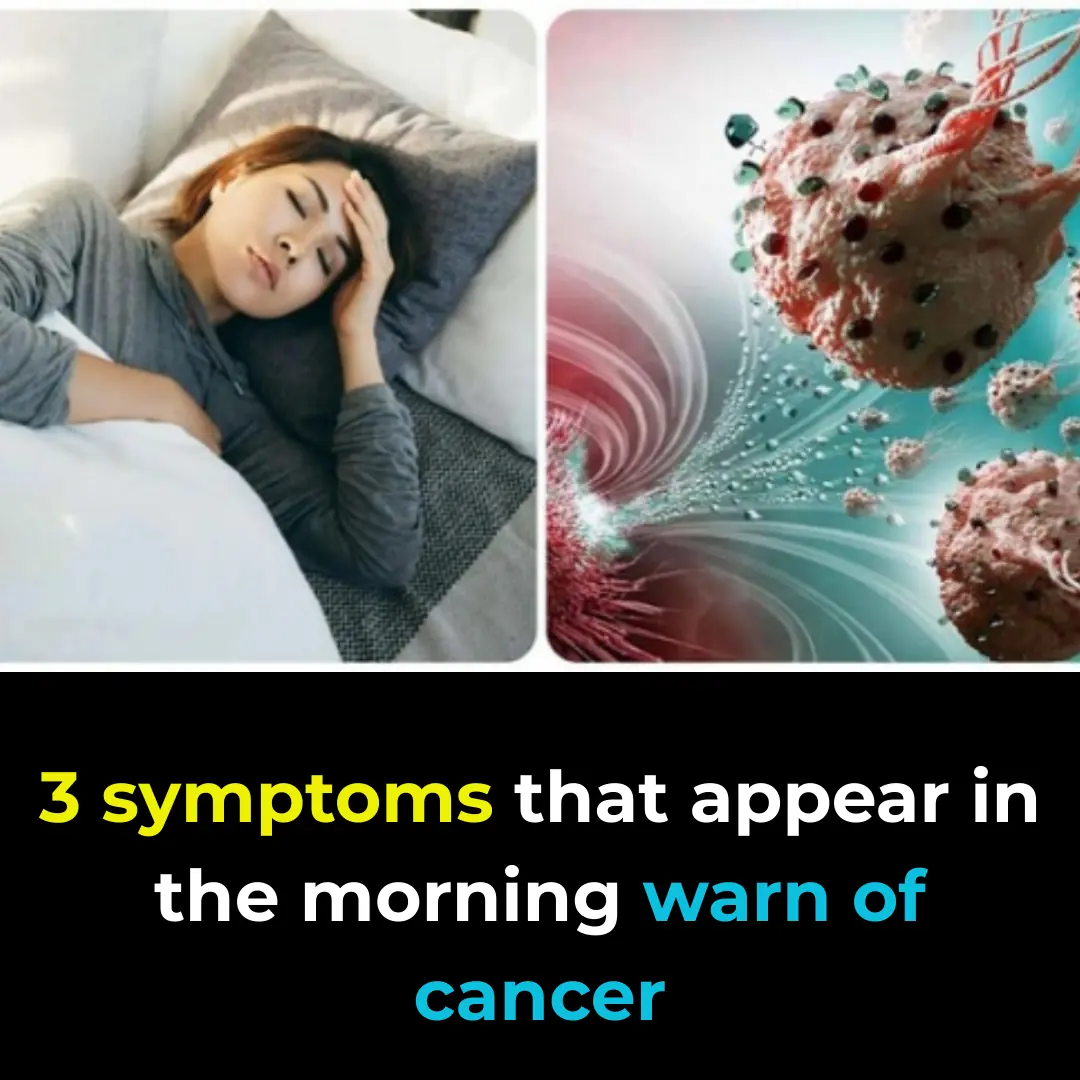
3 Morning Symptoms That May Signal the Onset of Canc3r
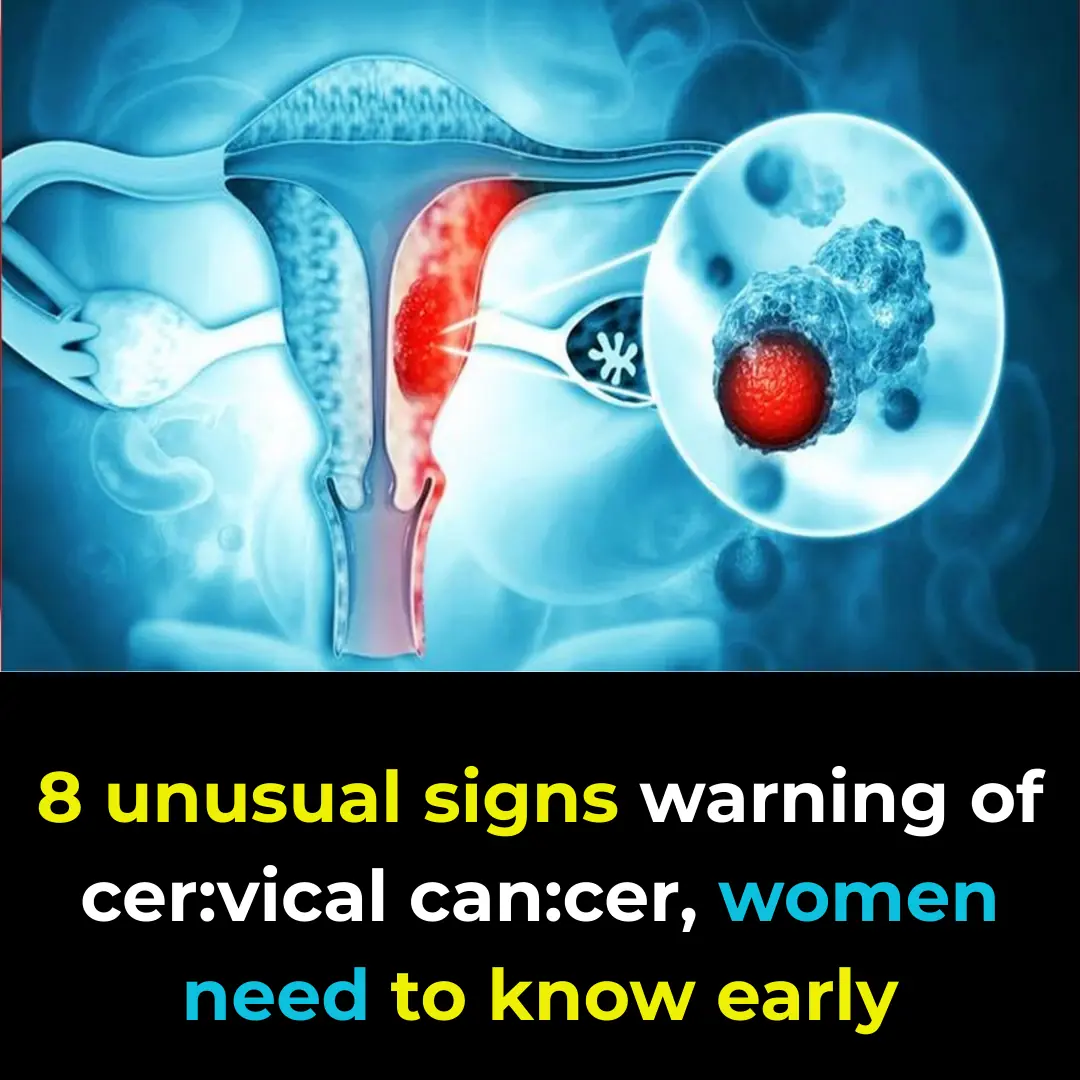
"8 abnormal signs warning of c3rvical canc3r that women need to recognize early"

If you don’t correct these 5 harmful eating and drinking habits right away, sooner or later your esophagus will also be “ravaged” by cancer cells.

Is Your Air Conditioner Outdoor Unit Making Loud Grinding Noises? Use This Simple Trick to Make It Run Quietly Without Calling a Technician!

Urgent warning issued to travelers as China takes ‘covid measures’ after reporting 7,000 cases of Chikungunya virus

3 Effective Ways to Prevent Snakes from Entering Your Home Everyone Should Know to Protect Their Family

Signs to look out for amid Gordon Ramsay's health warning after undergoing cancer surgery

How to Handle Common Refrigerator Problems and a Surprising Lesson from American Toilet Habits
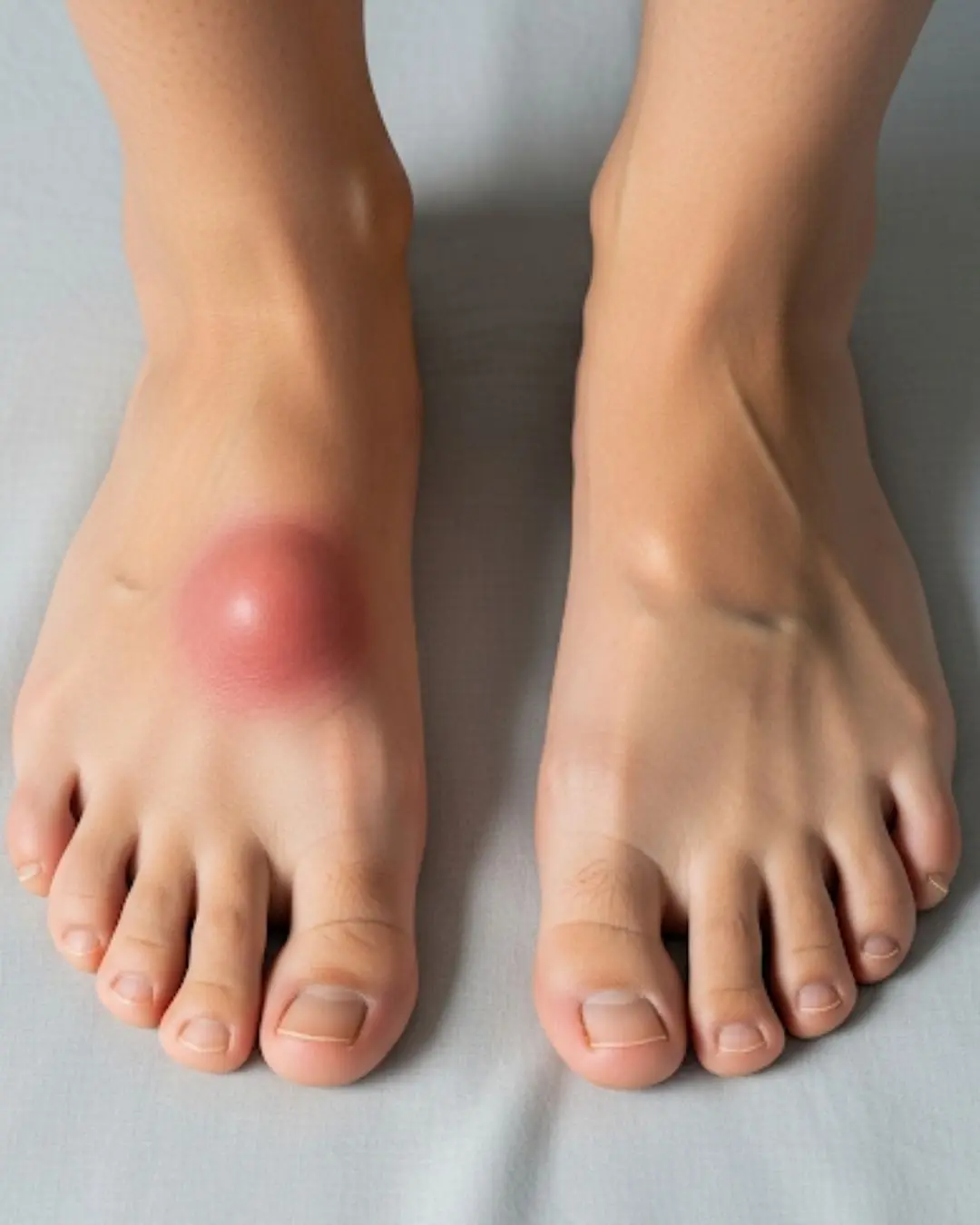
If Your Feet Swell It Is a Clear Sign

Why Doors in Public Bathrooms Don’t Reach the Floor
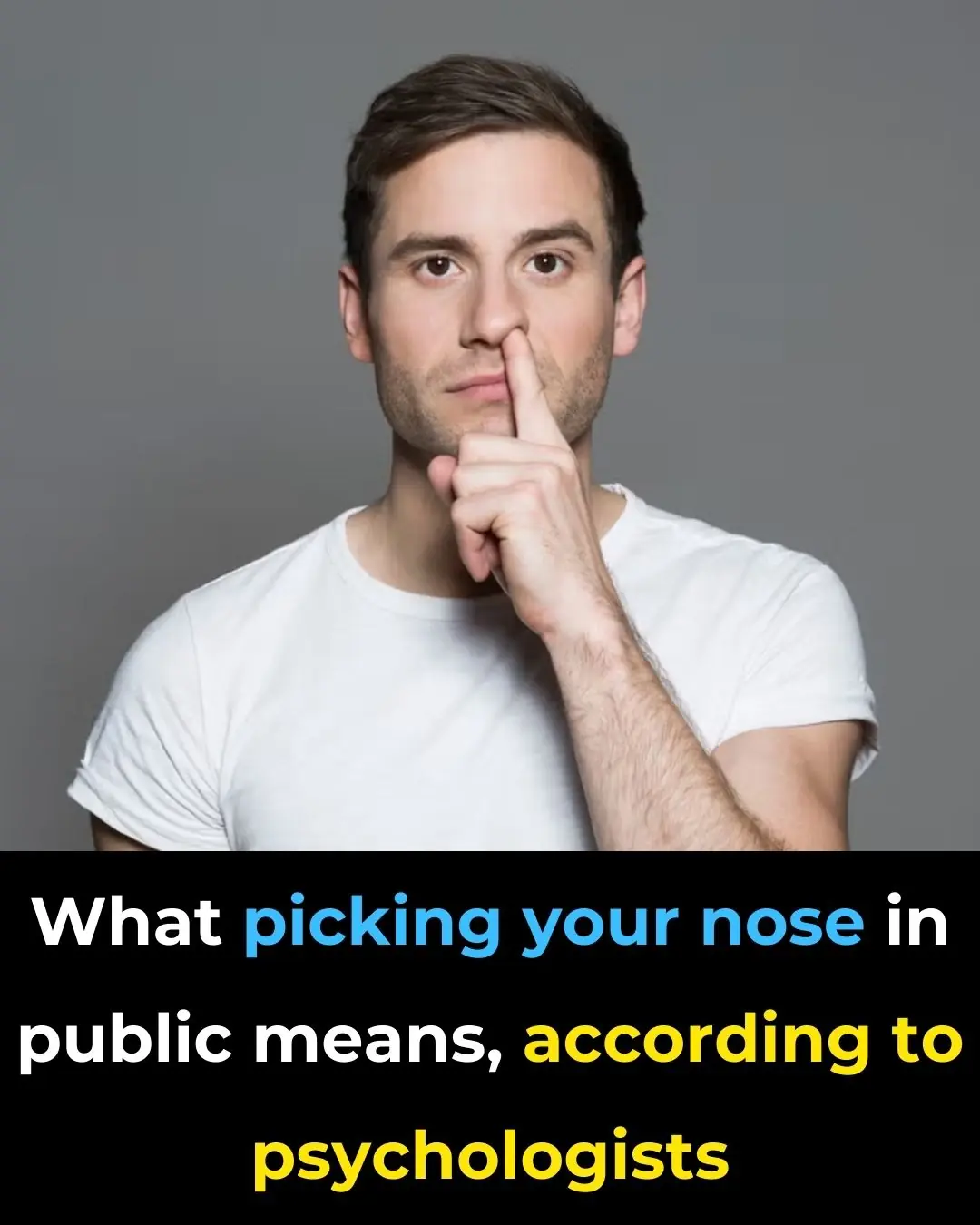
Nose Picking What This Taboo Habit Really Reveals About Us
